Results
-
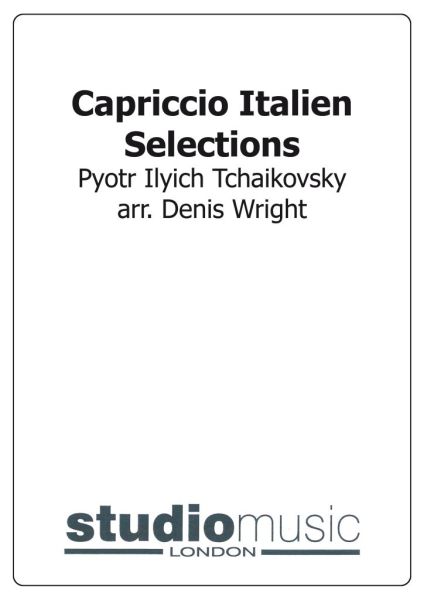 £39.95
£39.95Capriccio Italien Selections
Estimated dispatch 7-14 working days
-
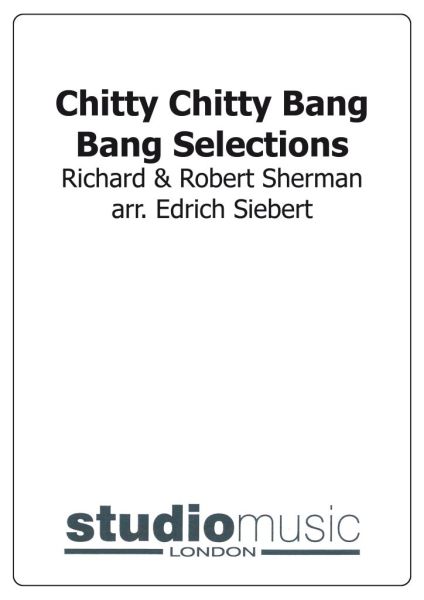 £39.95
£39.95Chitty Chitty Bang Bang Selections
Includes: Chitty Chitty Bang Bang; Truly Scrumptious; Hush-a-bye Mountain; Me Ol'Bamboo.
Estimated dispatch 7-14 working days
-
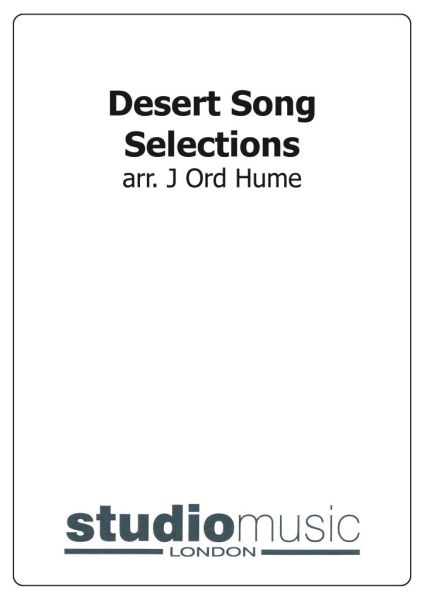 £39.95
£39.95Desert Song Selections
Includes: The Riff Song; One Flower Grows alone in your Garden; One Alone; Romance; Song of the Brass Key; It; The Desert Song; French Military March Song.
Estimated dispatch 7-14 working days
-
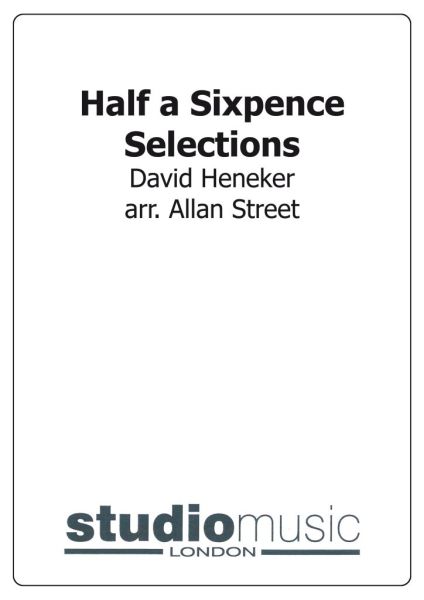 £44.95
£44.95Half a Sixpence Selections
Includes: This Is My World; Half-A-Sixpence; She's Too Far Above Me; Money to Burn; If the Rains Got to Fall; Flash, Bang, Wallop!; Long Ago.
Estimated dispatch 7-14 working days
-
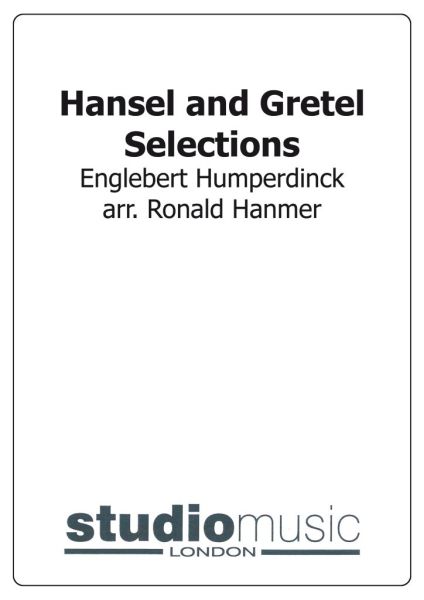 £44.95
£44.95Hansel and Gretel Selections
Estimated dispatch 7-14 working days
-
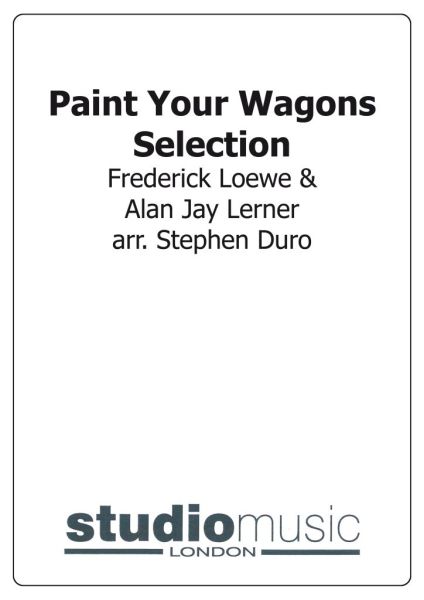 £44.95
£44.95Paint Your Wagon Selections
Includes: I'm On My Way; Wand'rin' Star; They Call the Wind Maria; I Talk to the Trees; Hand Me Down That Can O' Beans; A Million Miles Away Behind the Door; There's a Coach Comin' In.
Estimated dispatch 7-14 working days
-
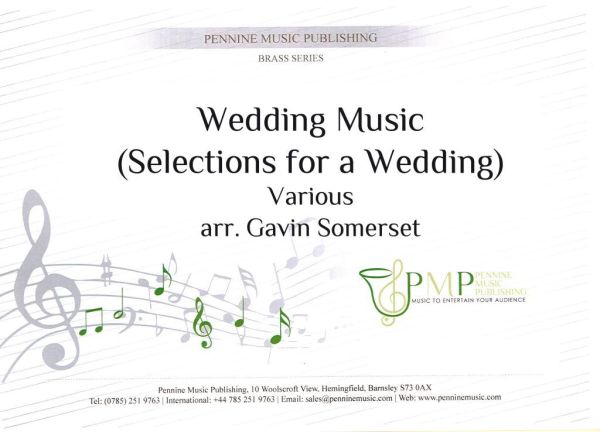 £21.50
£21.50Wedding Music (Selections for a Wedding)
Estimated dispatch 7-14 working days
-
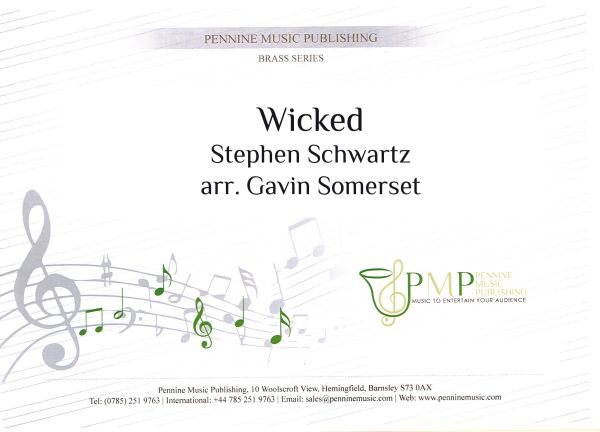 £25.50
£25.50Wicked (Selections from)
Estimated dispatch 7-14 working days
-
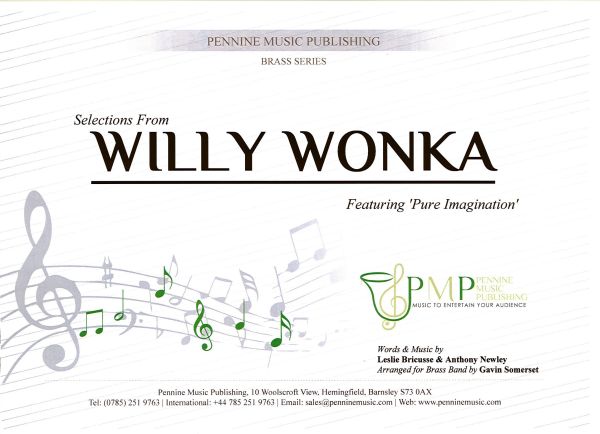 £25.50
£25.50Willy Wonka (Selections from)
Estimated dispatch 7-14 working days
-
 £69.99
£69.99The Green Hills of Tyrol - Philip Sparke
The Green Hills of Tyrol was commissioned by Jrena and Beat Knusel for their son, Swiss euphonium player Joel Knusel, to celebrate his 20th birthday in 2019. The request was for a piece suitable for use in a solo competition, possibly using a Scottish or Irish melody, and composer Philip Sparke suggested an 'old-fashioned' air varie might be a suitable idea. The piece follows the well-established formula of a theme followed by four variations. The history of the original melody is fascinating and, although it is now well-known as a bagpipe tune, its background is Austrian or Italian, rather than Scottish. The tune appears as a chorus of Swiss soldiers in Rossini's 1829 opera William Tell but was possibly an existing Tyrolean folk tune. In 1854, during the Crimean War, Pipe Major John MacLeod of the 93rd Highlanders heard a band of the Sardinian contingent playing selections from the opera in camp before the Siege of Sebastopol. He was struck by the melody and arranged it for his pipers, calling it The Green Hills of Tyrol, referring to Tell's visit to that corner of Austria in the opera. It has since become universally popular among pipe bands who usually refer to it as A Scottish Soldier, following the addition of new lyrics in a 1961 hit by Andy Stewart.
Estimated dispatch 5-14 working days
